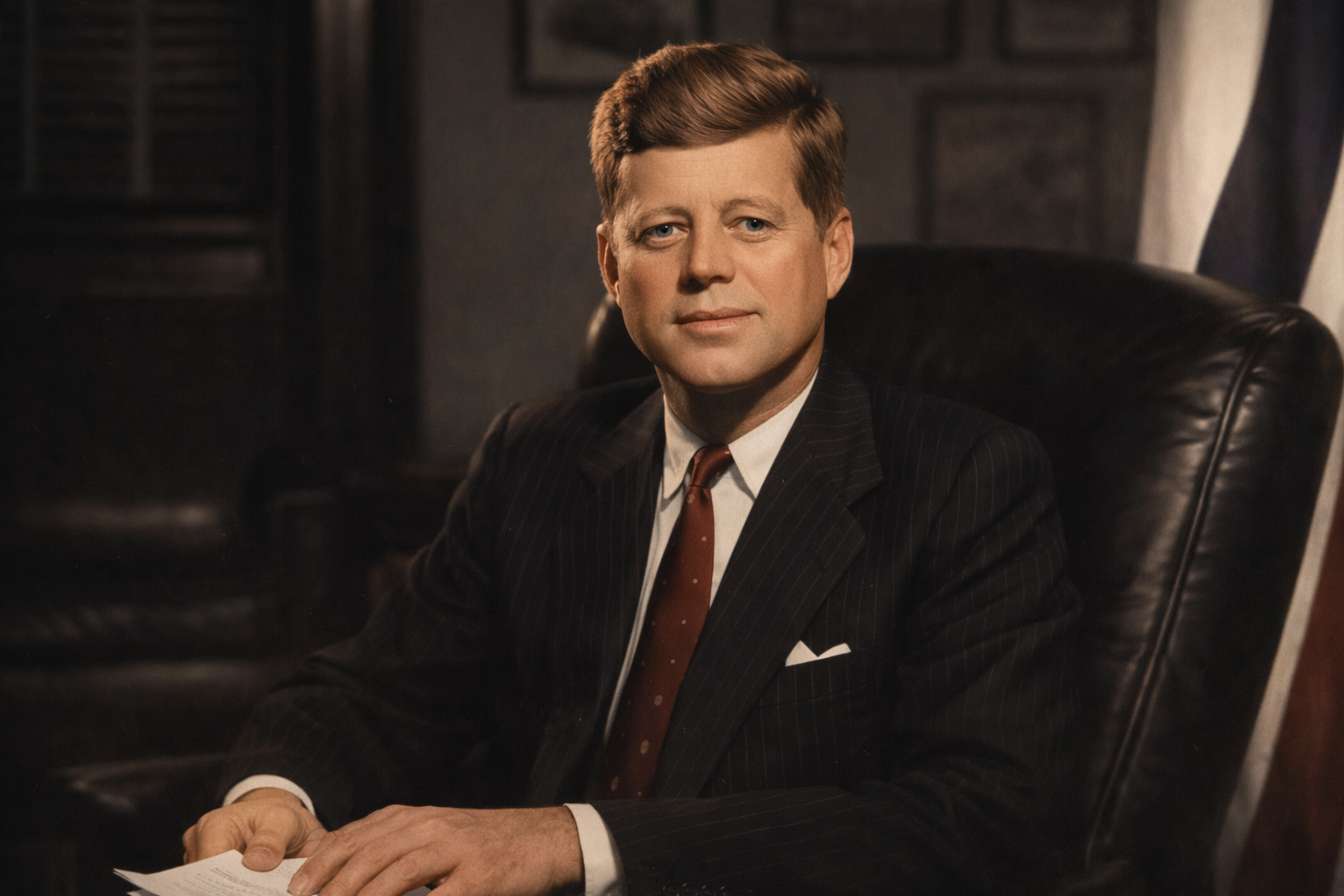John Fitzgerald Kennedy, born on May 29, 1917, in Brookline, Massachusetts, was the second of nine children in the prominent Kennedy family.
His father, Joseph P. Kennedy Sr., was a wealthy businessman and U.S. Ambassador to the United Kingdom; his mother, Rose Fitzgerald Kennedy, instilled discipline, faith, and ambition in her children.
From an early age, JFK battled serious health problems, including scarlet fever and chronic back issues, but his resilience became one of his defining traits.
“We must use time as a tool, not as a couch,” he would later say — a belief shaped by his years of pushing past physical limitations.
War Hero and Author
After graduating from Harvard in 1940, Kennedy joined the U.S. Navy during World War II. In 1943, while commanding PT-109 in the Pacific, his boat was struck by a Japanese destroyer.
Despite severe injuries, he led his crew to safety over miles of open water, towing an injured man with a life jacket strap clenched in his teeth.
He led the survivors to a nearby island and later carved a message on a coconut shell to get help. That coconut shell, which helped rescue his men, was kept on Kennedy’s desk in the Oval Office throughout his presidency.
His heroism earned him the Navy and Marine Corps Medal and a national reputation for bravery.
Reflecting on courage, Kennedy once remarked:
“A man does what he must — in spite of personal consequences, in spite of obstacles and dangers and pressures — and that is the basis of all human morality.”
After the war, he wrote Profiles in Courage (1956), a Pulitzer Prize-winning book honoring U.S. Senators who took principled stands despite political risk — a foreshadowing of the values he sought in leadership.
Political Rise
Kennedy entered politics in 1946, winning a seat in the U.S. House of Representatives, and in 1952, he became a U.S. Senator from Massachusetts. His youth, charisma, and eloquence stood out in a post-war America eager for fresh leadership.
In 1953, he married Jacqueline Bouvier, a journalist and socialite. They had four children, though only two—Caroline and John Jr.—survived infancy.
During his ten years in Brookline, John developed a strong sense of self and character that he would carry with him to the White House.
In 1960, at just 43, he ran for president against Richard Nixon. His television debate performance — confident, articulate, and poised — played a decisive role in his victory, marking a new era where media shaped politics.
After one of the closest elections in U.S. history, John F. Kennedy was sworn in as the 35th President of the United States on January 20, 1961. In his Inaugural Address, he called the nation to action:
“Ask not what your country can do for you — ask what you can do for your country.”
This call to service ignited a sense of civic responsibility and patriotism across America and inspired a generation to join public service, including the Peace Corps and civil rights movements.
The Kennedy Presidency
Kennedy’s administration came at an especially turbulent time for the country. Relations between the United States and the Soviet Union were tense. Polls showed that more than half of Americans thought war with the Soviet Union was inevitable.
Americans also faced difficult circumstances at home. African Americans were barred from public facilities, denied the right to vote, and subjected to racism and violence. Other people of color, those with disabilities, and those who identified as LGBTQIA, were also marginalized.
Women also faced discrimination, especially in the workplace where work and pay disparities existed. Poverty and unemployment were widespread. The new president had many pressing issues to face.
Kennedy’s presidency was marked by bold visions and turbulent challenges. He launched the Peace Corps, advanced the U.S. space program with the vow to land a man on the moon before the decade’s end, and pushed for civil rights legislation.
At a time when the U.S. was losing the space race to the Soviet Union, Kennedy boldly declared:
“We choose to go to the Moon in this decade and do the other things, not because they are easy, but because they are hard.”
Internationally, he faced the Bay of Pigs invasion (1961), the Berlin Crisis (1961), and the Cuban Missile Crisis (1962), where his measured diplomacy helped avert nuclear war. His belief in dialogue over destruction echoed in his words:
“Let us never negotiate out of fear. But let us never fear to negotiate.”
A Voice for Freedom and Equality
Kennedy increasingly spoke out on civil rights, declaring in 1963:
“The rights of every man are diminished when the rights of one man are threatened.”
He sent a civil rights bill to Congress, laying the groundwork for what would become the Civil Rights Act of 1964.
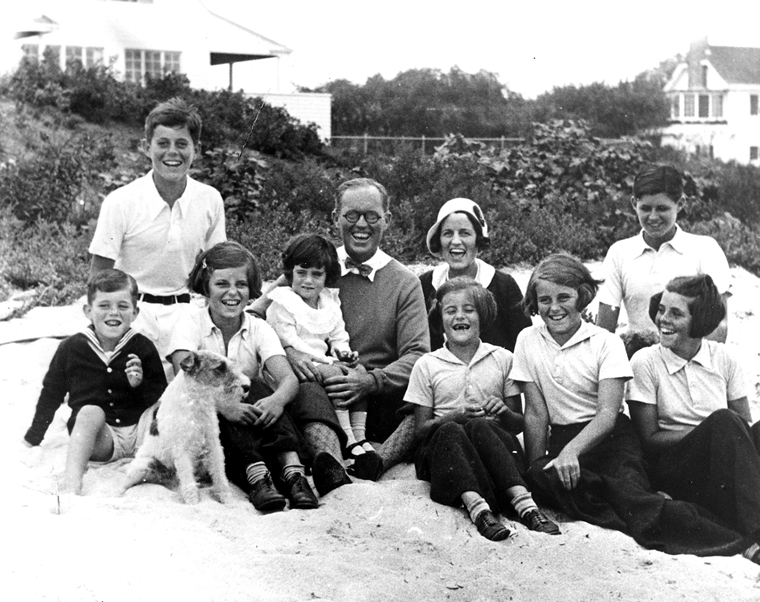
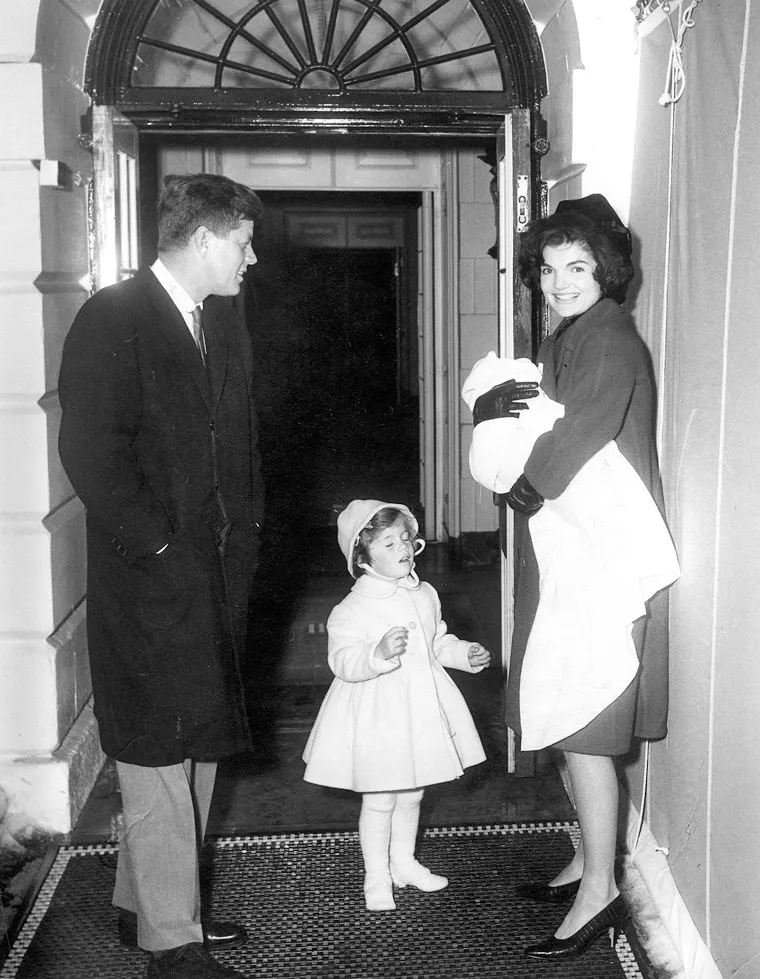
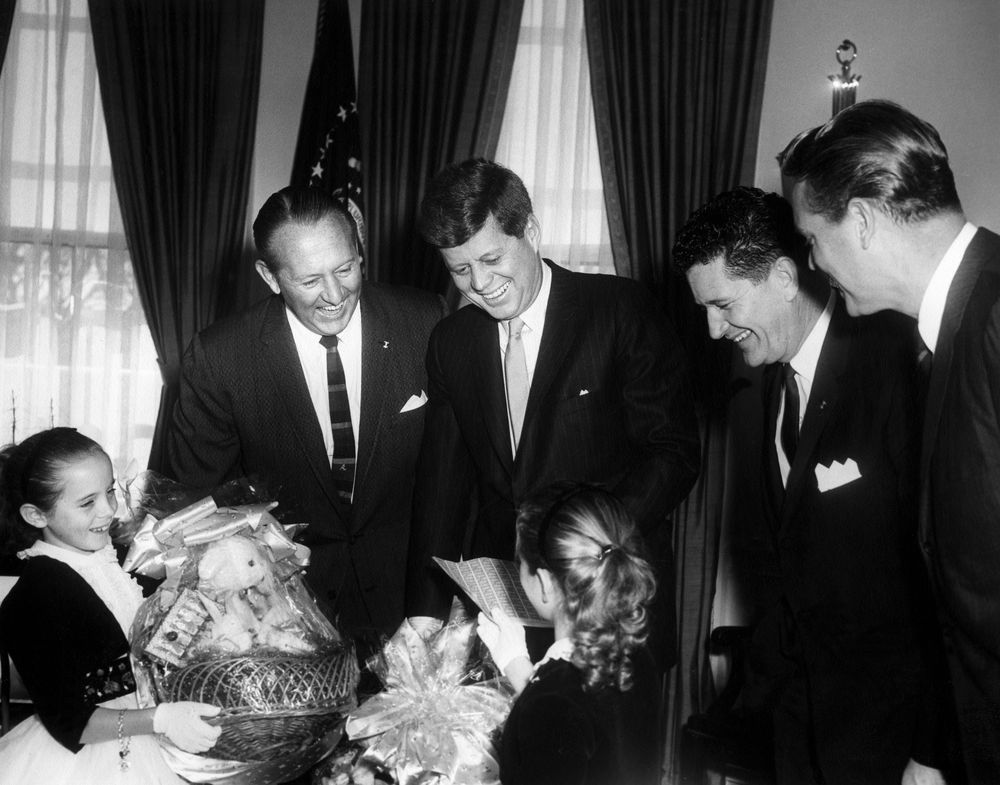
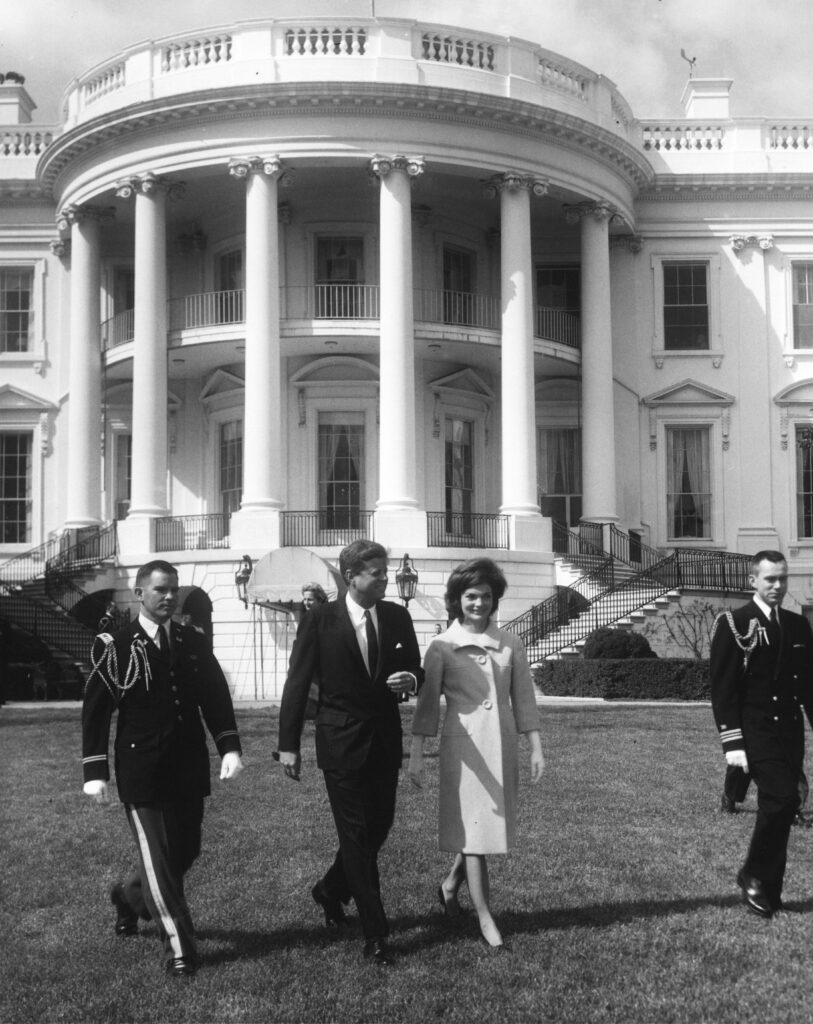
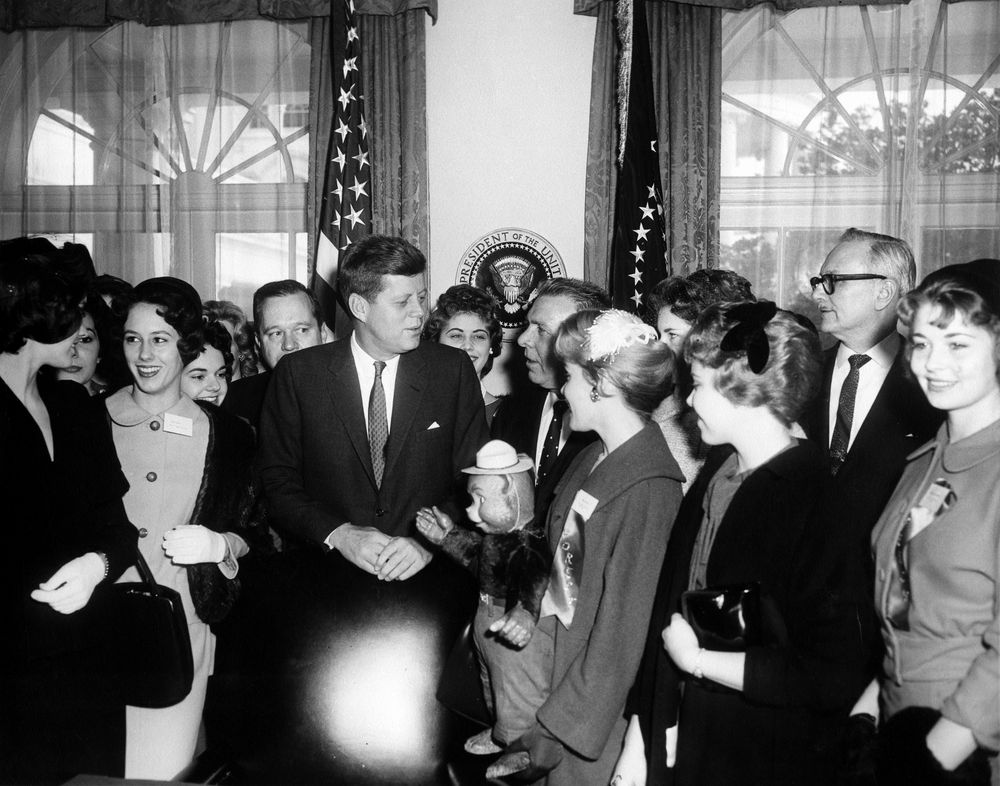
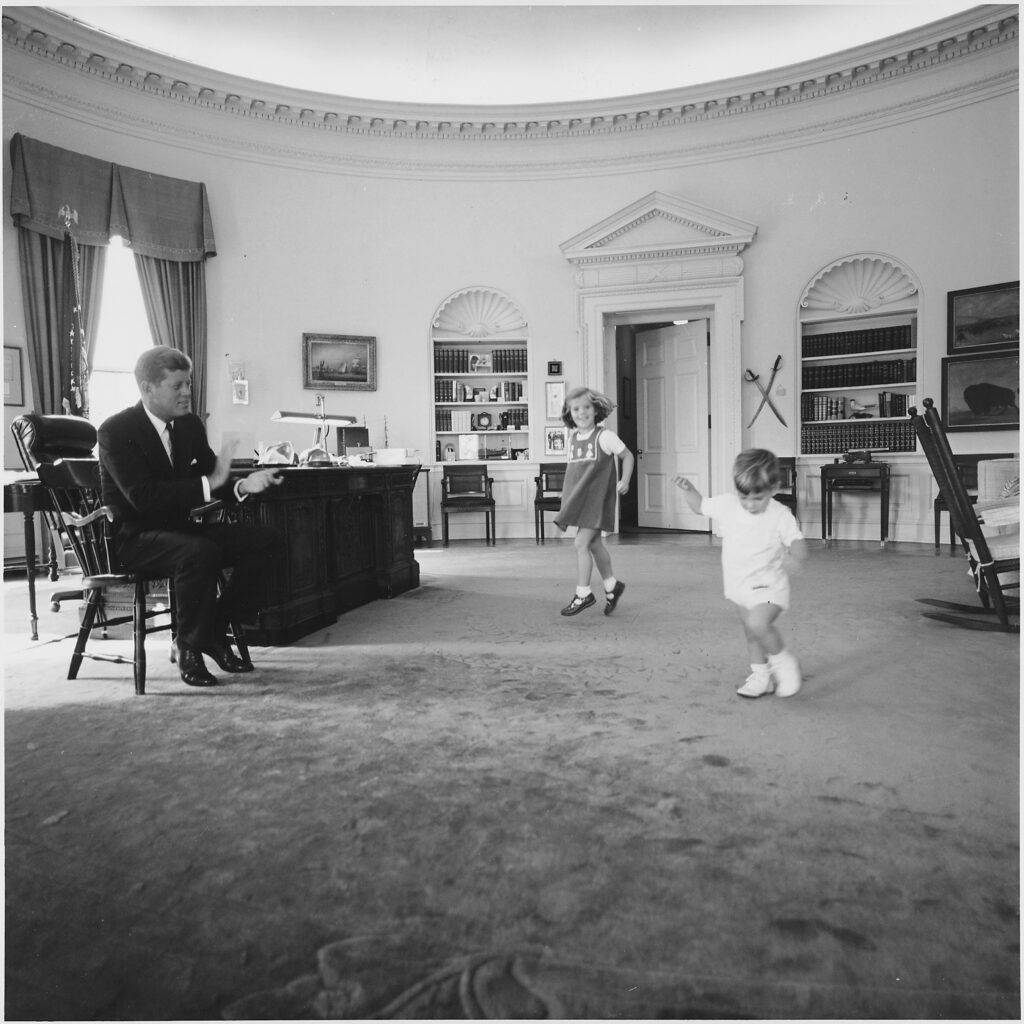
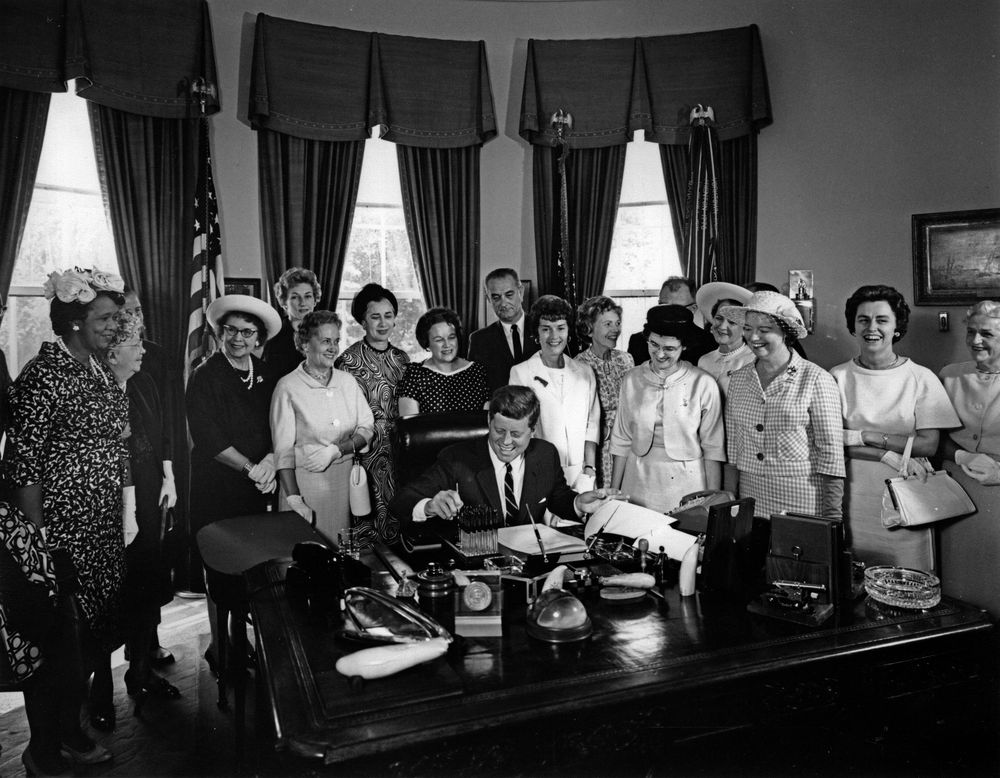
Tragedy in Dallas
On November 22, 1963, while riding in a motorcade in Dallas, Texas, President Kennedy was assassinated — a moment that stunned the world and ended an era of youthful optimism in American politics. He was just 46 years old.
At his funeral, the image of his young son, John Jr., saluting the coffin became an enduring symbol of national grief.
After JFK’s death, many personal stories emerged about his kindness. One touching story was about a young boy who had written to the President saying his father was out of work.
Kennedy saw the letter and personally arranged for the father to be given a federal job. He never publicized this gesture—it was only revealed later by the grateful family.
Legacy
JFK’s presidency became known as “Camelot,” a symbol of hope, idealism, and public service. His words continue to inspire generations to believe in the power of action, courage, and unity.
“One person can make a difference, and everyone should try.”
From a sickly child in Brookline to the youngest man ever elected to the U.S. presidency, Kennedy’s life was a testament to resilience, vision, and the belief that the world can be made better through courage and service.
John F. Kennedy offered the country hope and the vision for change. His ideas and values still resonate today, inspiring new generations in the 21st century.
“Now Jack,” his father wrote in a letter one day,
“I don’t want to give the impression that I am a nagger, for goodness knows I think that is the worse thing any parent can be, and I also feel that you know if I didn’t really feel you had the goods I would be most charitable in my attitude toward your failings. After long experience in sizing up people I definitely know you have the goods and you can go a long way…
It is very difficult to make up fundamentals that you have neglected when you were very young, and that is why I am urging you to do the best you can. I am not expecting too much, and I will not be disappointed if you don’t turn out to be a real genius, but I think you can be a really worthwhile citizen with good judgment and understanding.”
“If a free society cannot help the many who are poor, it cannot save the few who are rich.”
“All this will not be finished in the first one hundred days. Nor will it be finished in the first one thousand days, nor in the life of this Administration, nor even perhaps in our lifetime on this planet. But let us begin.”
“The energy, the faith, the devotion which we bring to this endeavor will light our country and all who serve it—and the glow from that fire can truly light the world.”
“In the long history of the world, only a few generations have been granted the role of defending freedom in its hour of maximum danger. I do not shrink from this responsibility—I welcome it.”
